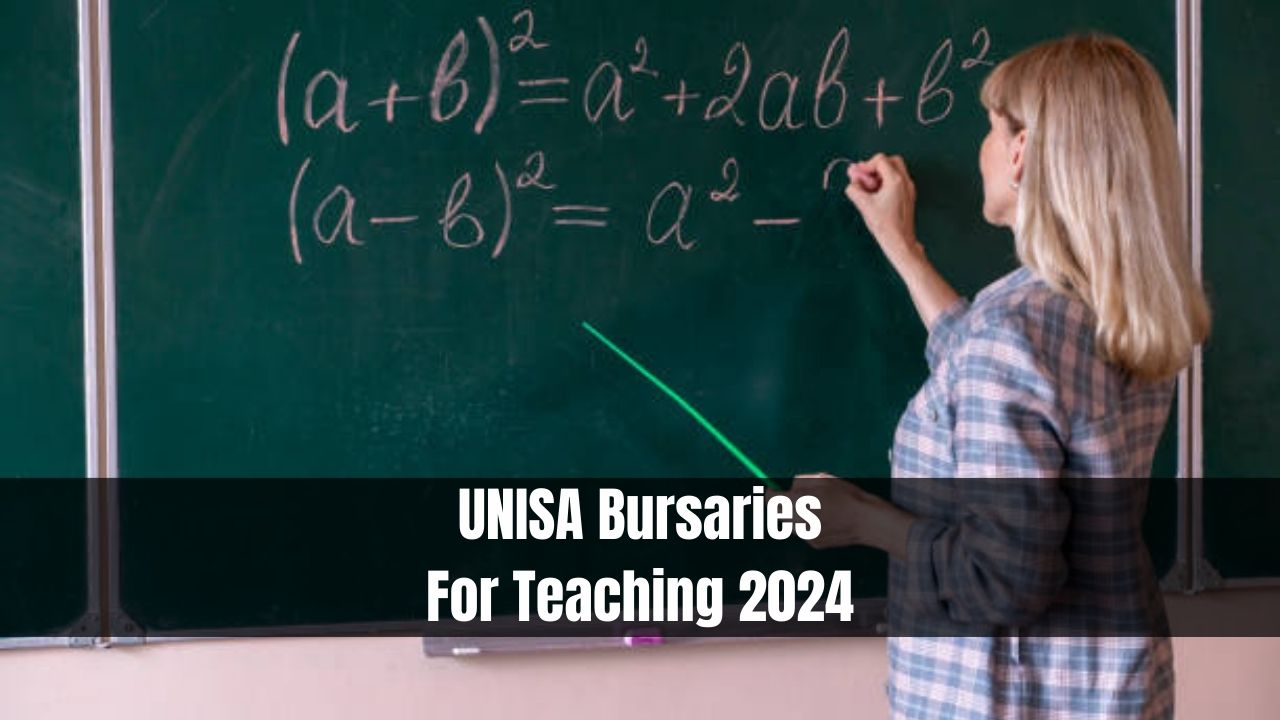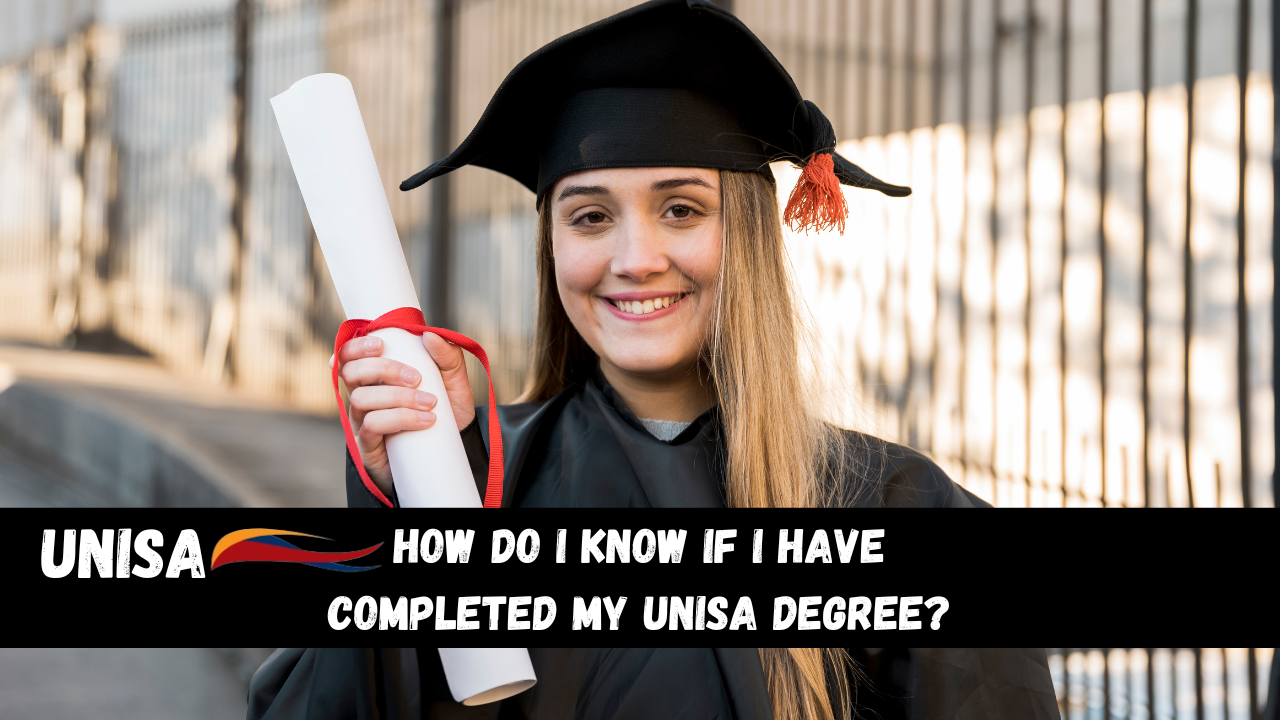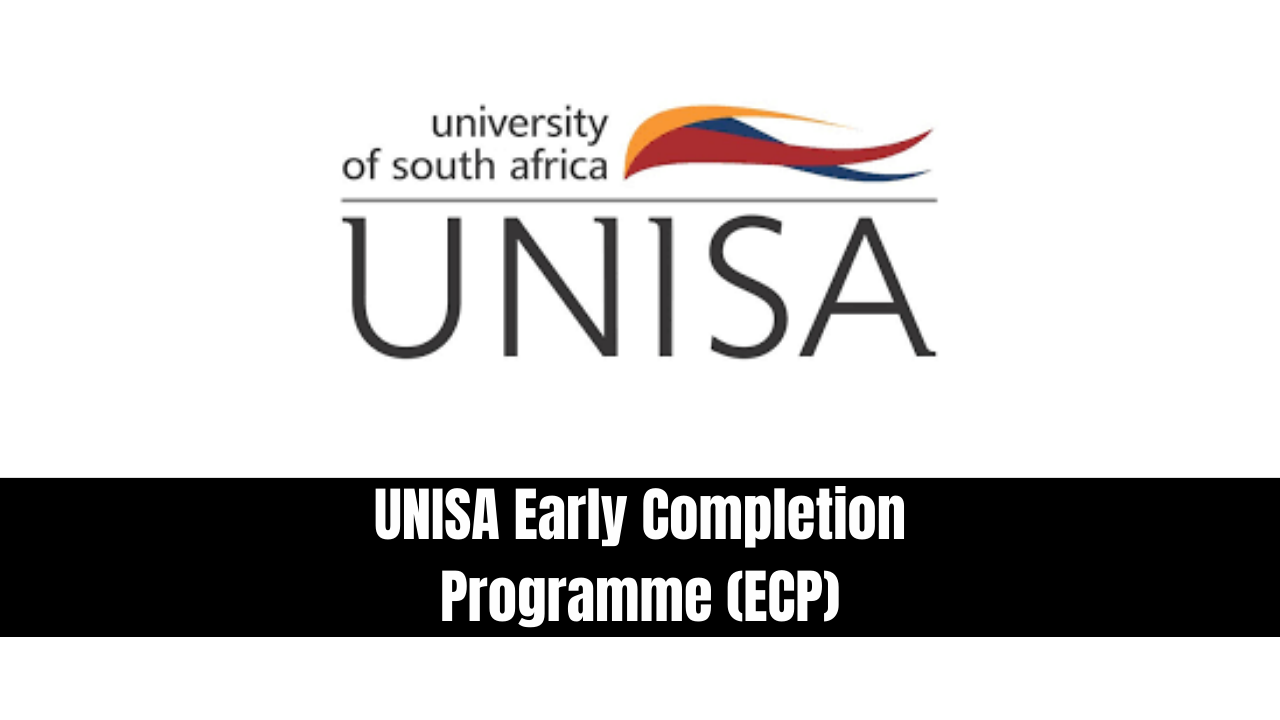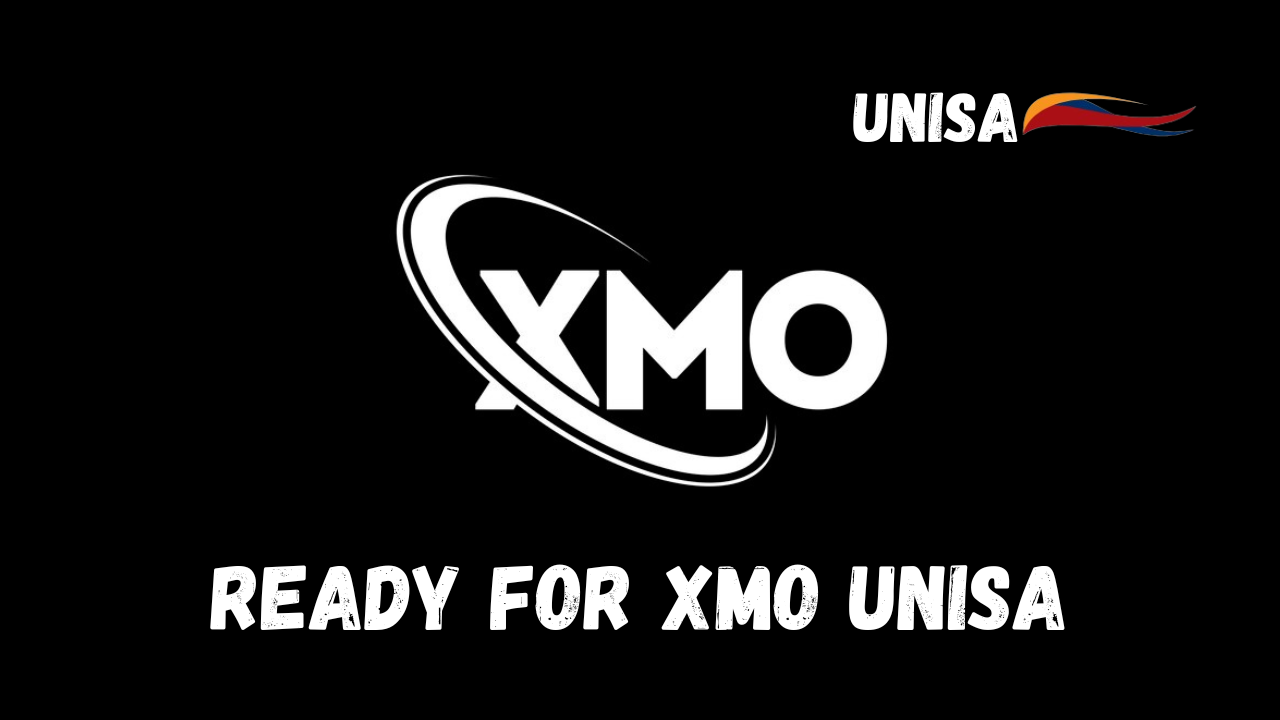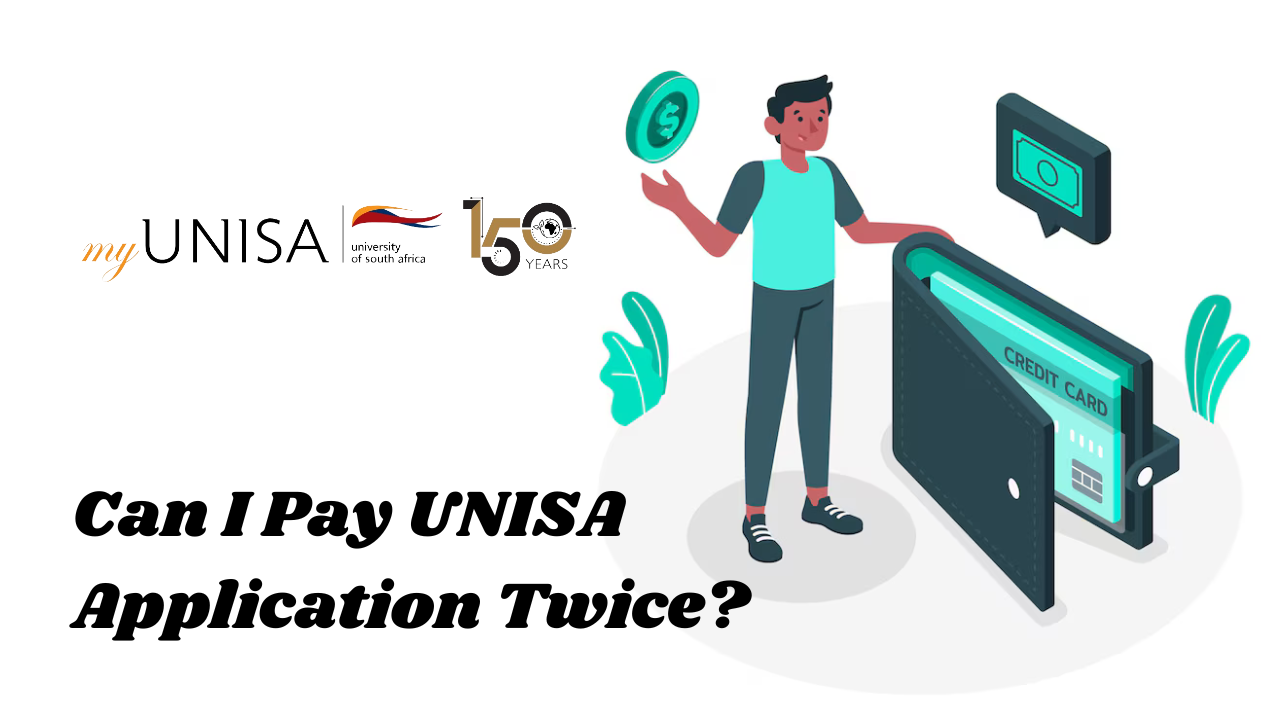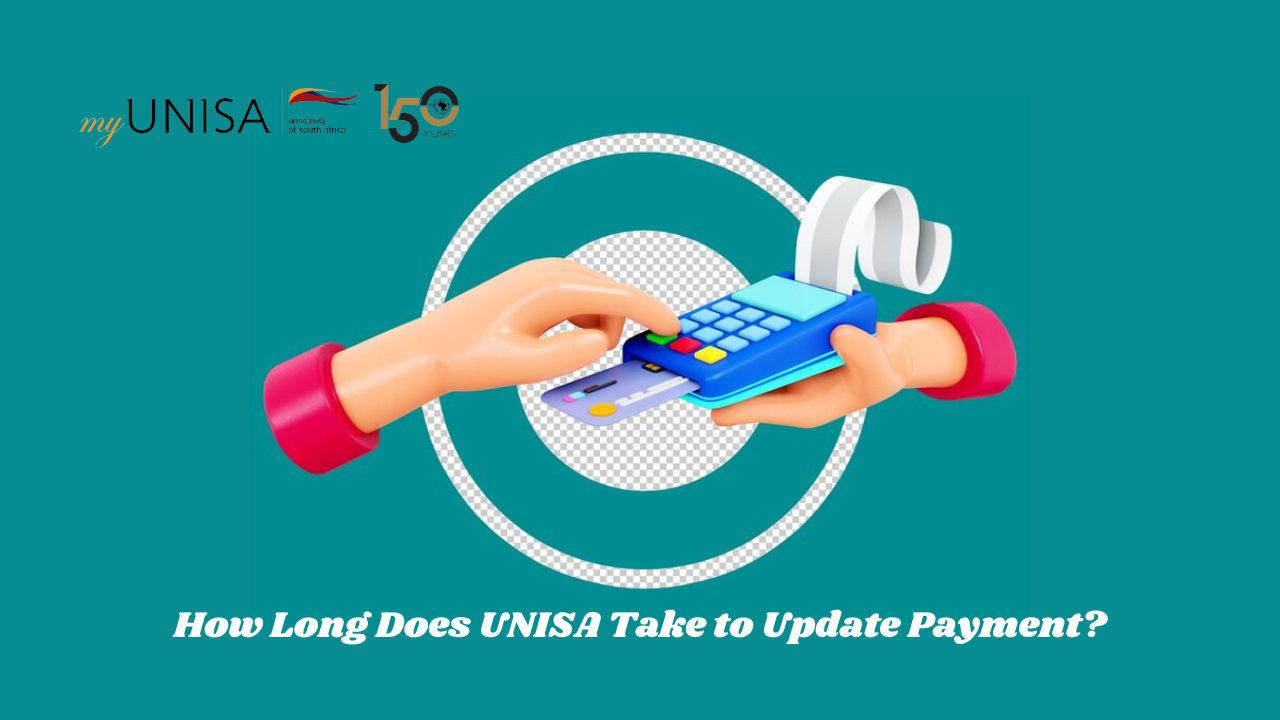UNISA Bursaries For Teaching 2024. The University of South Africa (Unisa) stands as one of South Africa’s prominent public universities, catering primarily to a part-time student population. Despite its focus on accommodating working students, Unisa is a recognized institution receiving government funding through the National Student Financial Aid Scheme (NSFAS) to support students pursuing teaching qualifications.
Bursary Options for Teaching Students
Unisa students aspiring to enter the field of education have various bursary options beyond NSFAS. These opportunities aim to alleviate financial barriers and support future educators.
1. Funza Lushaka Bursary
The Funza Lushaka bursary, akin to NSFAS, is designed to cover the full cost of education for students pursuing teaching qualifications in areas of national priority. This includes programs offered at any recognized public institution, including Unisa. For more detailed information, click here.
2. South African Institute of Race Relations (SAIRR) Bursary
SAIRR extends bursaries to marginalized students across various fields, including education, at any accredited institution, including Unisa. For more information on this inclusive bursary, click here.
3. Independent Schools Association of Southern Africa (Isasa) Bursary
Tailored for Unisa students, the Isasa bursary focuses on supporting education studies at the university.
4. South African Mathematics and Science Teacher Intern (Samstip) Programme
Initiated by Isasa, the Samstip programme aims to provide prospective Senior and Further Education and Training (FET) teachers specializing in Mathematics and Sciences with bursaries. These bursaries cover a one-year Postgraduate Certificate in Education (PGCE) at Unisa, encompassing tuition fees, textbook costs, transportation allowances, accommodation, and a monthly stipend. The program is particularly appealing to final-year education students in Mathematics and Sciences planning to pursue their PGCE at Unisa.
Conclusion
Unisa students pursuing teaching qualifications have a range of bursary options beyond NSFAS. These initiatives, such as the Funza Lushaka bursary, SAIRR bursary, Isasa bursary, and Samstip programme, play a crucial role in promoting accessibility to education and supporting the next generation of educators. For more detailed information on each bursary, please refer to the provided links.
